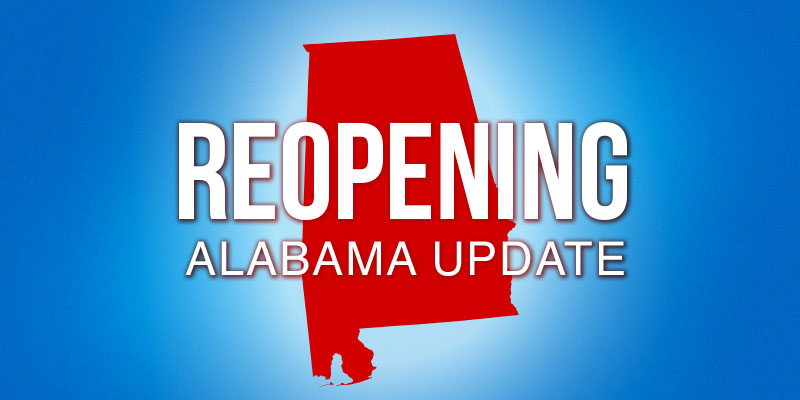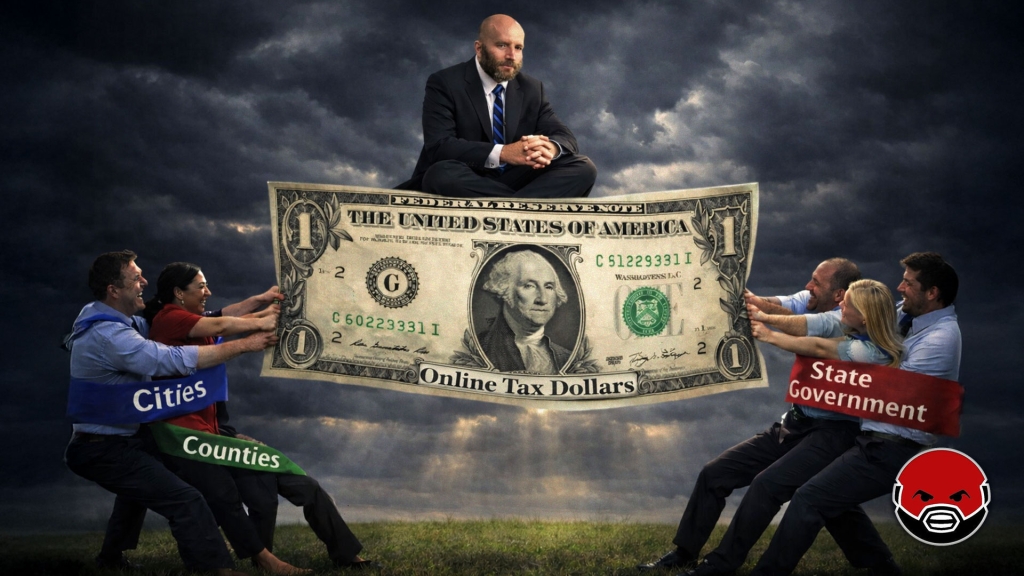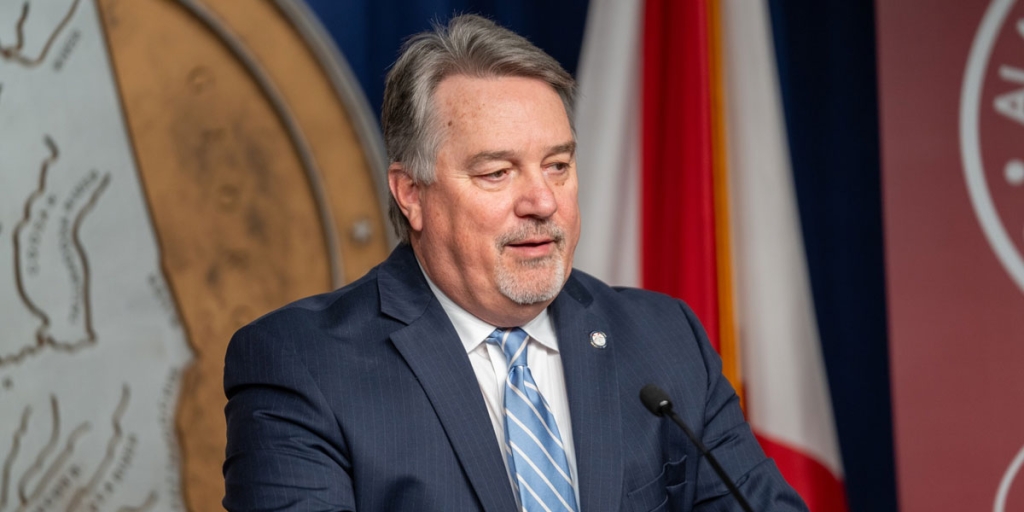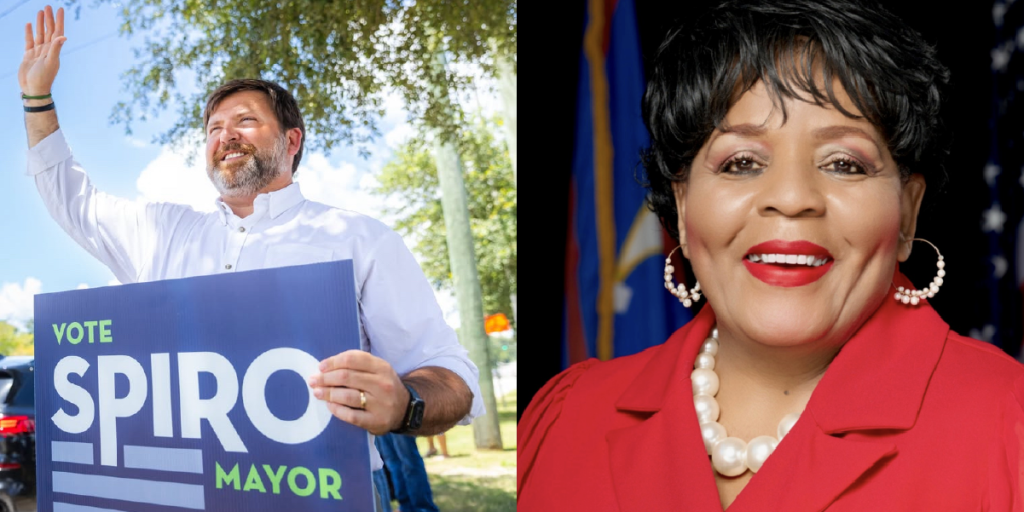The countdown to reopening Alabama’s economy is underway. Between now and then, state and local officials and business owners will continue to address the ways in which operation will have to change in order to contain the spread of COVID-19.
Eight days. The stay-at-home order issued by Governor Kay Ivey expires in eight days. At a press conference on Tuesday, Ivey said in the last week her focus has shifted from the physical health of the state to both the physical and economic health.
“In my mind, those two have been closely interwoven since the very beginning,” she stated. She advised that moving forward will require her to “strike the proper balance between keeping our people safe and healthy and also addressing our state’s overall economic health.”
However, Ivey fell short of firmly committing to May 1 as the day businesses would reopen. She noted committees appointed by her will provide information so that “Dr. Harris and I can determine, when, how and in what way businesses can reopen.”
With a B. Alabama’s economic data continues to signal the critical need to reopen soon. At Ivey’s press conference, State Finance Director Kelly Butler said the state budget shortfall is now estimated at $1 billion. Secretary of Labor Fitzgerald Washington stated that 306,000 Alabamians filed for unemployment in the last four weeks. Last year, 130,000 claims were filed in all of 2019.
Prep now to open later. Lt. Governor Will Ainsworth and State Rep. Danny Garrett (R-Trussville) received input from more than 300 businesses in preparing their 150-page report containing guidelines for reopening commerce. Butler is leading a committee he said has received input, as well.
Local officials are actively engaged in planning for the areas they lead. Madison County Chairman Dale Strong mentioned at a press conference yesterday that protocols are being established for the conduct of business in county buildings. Simple, yet important, procedures such as requiring facial coverings and the use of hand sanitizer upon entry will be put in place.
City governments, like Mobile, across the state are laying the groundwork for reopening soon.
Today we spent much of our time focused on developing plans to reopen businesses in Mobile. Of course we are under a statewide order, issued by Governor Ivey, closing all non-essential businesses until April 30.
— Mayor Sandy Stimpson (@MayorStimpson) April 22, 2020
Businesses will have to step up. Much is going to be required of businesses when they reopen. With their plan, Ainsworth and Garrett acknowledged they are trying to empower businesses to get back up and running, but with that comes increased responsibility.
RELATED: Businesses preparing for new world as Alabama’s economy may reopen within days
“We want all the businesses up and running that can be,” Garrett told Yellowhammer News. “But we’re in the middle of a health crisis. We want you up and running, but you have to make that situation better.”
Ainsworth emphasized this again yesterday in reaction to news of a COVID-19 outbreak at an Albertville business.
In order for Alabama to reopen businesses and restart our economy, employers must shoulder both responsibility and accountability. It is unacceptable to maintain business as usual after scores of employees test positive for the Coronavirus in the same workplace. https://t.co/eh3lHCreHx
— Will Ainsworth (@willainsworthAL) April 22, 2020
Most businesses will likely accept this responsibility given what is at stake, as noted by one Yellowhammer reader in response to yesterday’s “Reopening Alabama Update.”
@GovernorKayIvey @willainsworthAL its go time in Alabama. Small business owners are smart people who will work to protect what they have spent a life time building. They also care deeply about the people in their community so will work to protect them.
— Keith (@bamakeith88) April 21, 2020
Accommodations for employees. Publix confirmed Tuesday that an associate at one of its Alabama locations tested positive for COVID-19. This will happen at other businesses after Alabama reopens its economy, and they will have to make decisions on how to handle these situations. Publix granted that associate 14 days paid sick leave and 14 days paid sick leave to any other employees who came in contact with that person.
Yellowhammer News recently spoke with labor and employment lawyer Doug Kauffman. One comment that did not make it into the article was his recognition of the need for businesses to determine their approach to sick employees.
Here is what Kauffman said:
One step we kind of skipped with this pandemic is that we went straight from all employers working to all of a sudden we’re all telecommuting, other than the essential businesses. So we did not go through this period of continuing to work in the workplace and having to encourage people who are sick not to come to work. So we’re going to have to be thinking about that again for those of us who are returning to workplaces, what procedures are we going to take to encourage that person to not come to work? Because you don’t want them coming to work out of fear they don’t have enough sick time.
Only eight more days.
Tim Howe is an owner of Yellowhammer Multimedia













